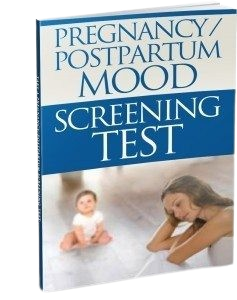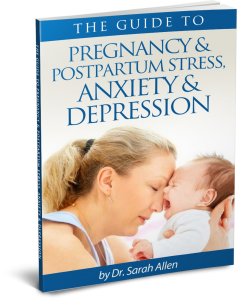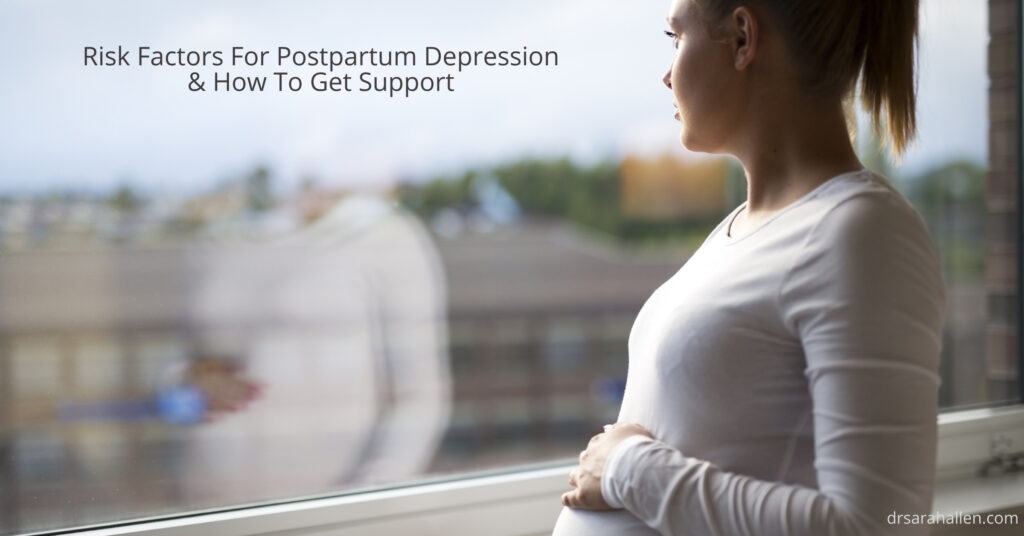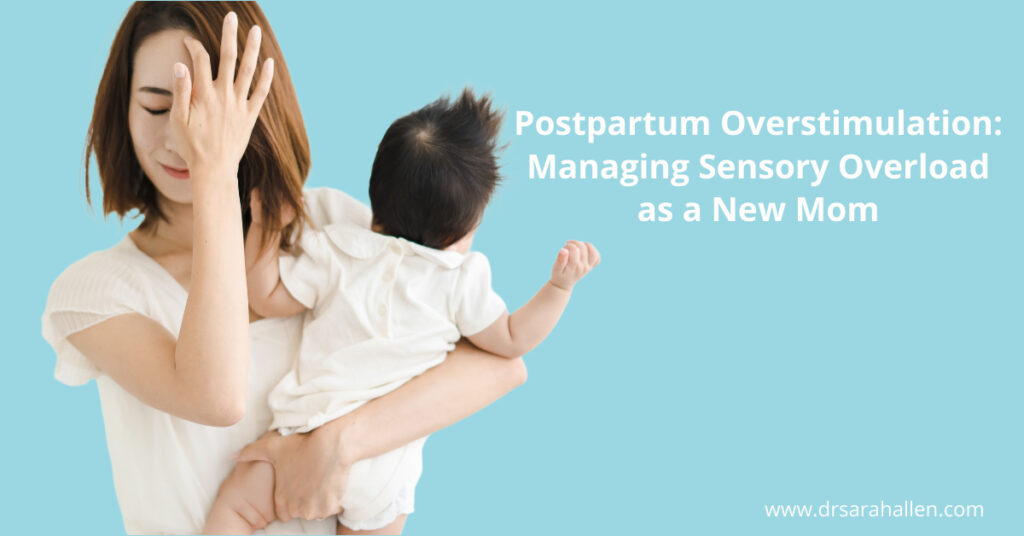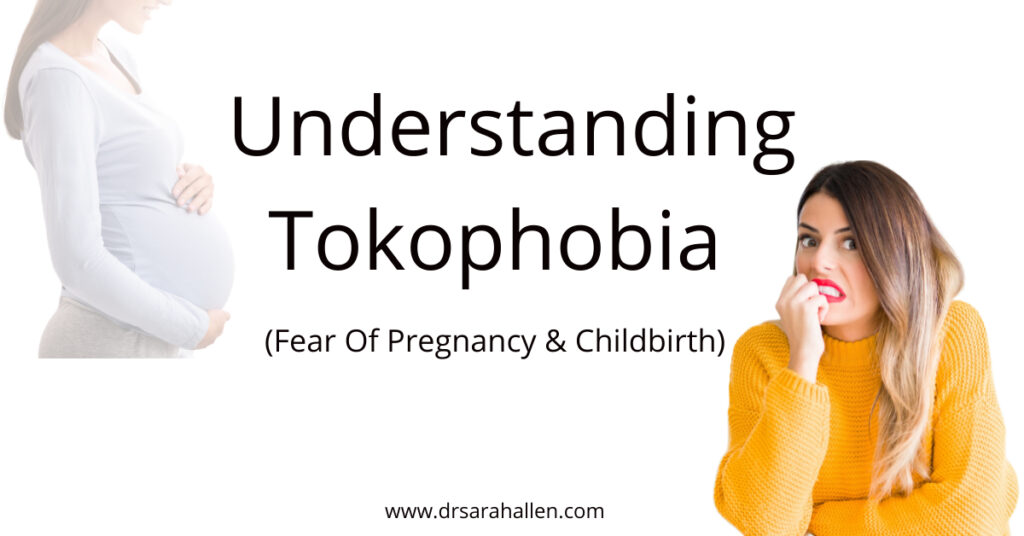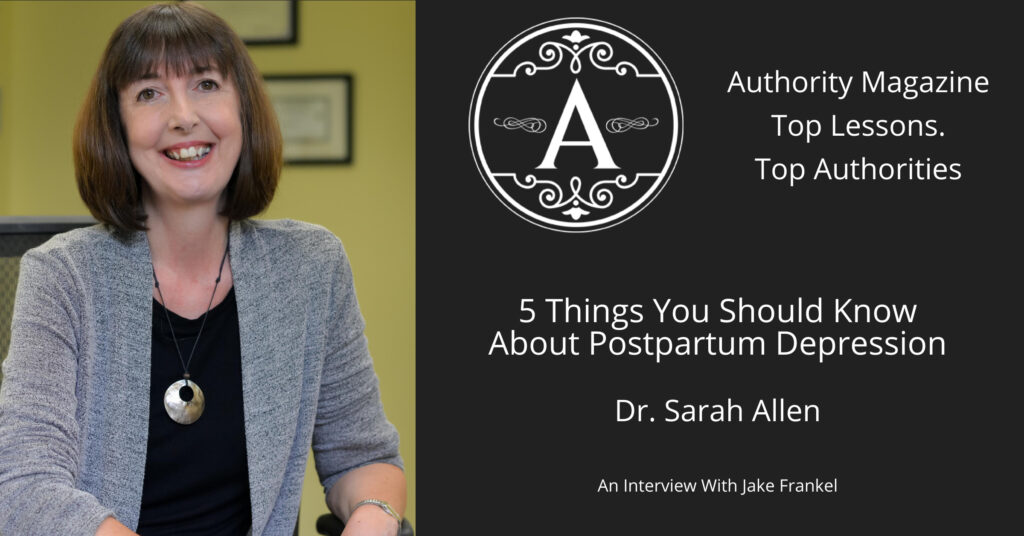
Katy remembers a time when she experienced what she now calls ‘mom rage’. “My kids were young – one was a toddler, and the other was an infant. I was sleep-deprived, overwhelmed with the growing list of chores, and felt like I was losing myself in the process. One day, after a long night with the baby, I found my toddler spreading diaper cream all over the baby’s bedroom floor, in her hair and on her clothes. I snapped, screaming at her louder than I ever had. The look of shock on my little one’s face was my wake-up call”.
Katy decided to seek help and learned to identify her triggers and manage them better. She had a frank talk with her partner and enlisted help from her sister too. Katy realized that she thought it was a weakness that she craved alone time and she felt guilty if she ever took time away from her girls. Feelings of guilt and comparing herself to others led to frustrations and outbursts with her partner. Katy sought help when she also started to lose her temper at her children.
Motherhood is often portrayed as a magical and rewarding time for a woman, but it can also bring about a whirlwind of new challenges and emotions. Among these emotions, feelings of frustration and anger are certainly not uncommon. However, when your anger reaches boiling point and you find yourself snapping at your partner or children or even feeling out of control, you might be dealing with a phenomenon called “Mom Rage.” This post will delve into what Mom Rage is, its causes, how it differs from typical anger, the impact it can have on your family, and lastly, some tips to help you manage and prevent it before it becomes overwhelming.
First, let’s define what Mom Rage is. To put it simply, Mom Rage is intense feelings of anger and frustration experienced by some mothers. This anger goes beyond the occasional annoyance and might even scare the mom herself with how intense it can become. It is also known as maternal rage, parental burnout, or mommy burnout. This is not a clinical diagnosis but I think that understanding that it has all these different names helps to normalize the experience and reinforce the fact that many parents encounter similar challenges – you’re not alone, in feeling this way and there are resources available to help.
There are several factors that can contribute to the development of Mom Rage. Among them are sleep deprivation, hormonal imbalances, feelings of isolation, and the immense pressure of balancing work and family life. Additionally, mothers often feel judged or criticized by others, which can exacerbate the rage they may be experiencing.
Causes of Mom Rage: Understanding the Triggers
One of the first steps in managing Mom Rage is identifying the factors and situations that can contribute to its development. By understanding these triggers, you can actively work to minimize or avoid their impact on your emotions.
- Sleep deprivation: It’s no secret that mothers, especially those with newborns or young children, struggle to get a full night’s sleep. Lack of sleep can leave you feeling irritable and short-tempered, which can quickly spiral into Mom Rage.
- Hormonal imbalances: Fluctuating hormones during pregnancy and postpartum can intensify feelings of anger and frustration. Women who are sensitive to hormonal changes with their periods, seem to be more sensitive to hormonal changes after childbirth too. It can take a while for hormones to settle back down.
- Feelings of isolation and lack of support: Raising children can be an isolating and daunting experience, particularly if you lack a support system. Social isolation, coupled with the responsibility of caregiving, often increases the chances of Mom Rage.
- Balancing work and family life: Juggling a career and family obligations can lead to feelings of being overwhelmed and inadequate, fueling Mom Rage.
- Judgment and criticism from others: Unsolicited comments and opinions from family, friends, or even strangers can make you feel insecure about your parenting choices and trigger Mom Rage.
- Overstimulation: Feeling touched out and needing to give attention to many people and things at the same time often leads to feeling overstimulated and overwhelmed and then verbally lashing out as it is all too much.
Mom Rage vs. Typical Anger
While anger is a natural emotion experienced by all humans, Mom Rage is a more extreme and potentially damaging form of anger. Some key differences between the two include:
- Intense emotional reactions: Mom Rage involves overwhelming anger that may feel out of proportion to the situation at hand. This intensity can catch you off guard and may be difficult to control.
- Frequent outbursts: If you find yourself having angry outbursts towards your partner or children more often than not, you could be dealing with Mom Rage.
- Lack of patience and empathy: Mom Rage is often accompanied by impatience and irritability, making it difficult to empathize with your children’s needs or your partner’s concerns.
- Long-lasting effects: Extreme anger episodes can have lasting impacts on your relationships, causing resentment or fear in your children and straining your partnership with your spouse.
Tips for Calming Down and Managing Mom Rage
When faced with a potential Mom Rage trigger, try these strategies to reduce your anger levels in the moment and regain a sense of control:
- Take a break: Pause for a few minutes to collect yourself and cool down. Practicing deep breathing, meditation, or taking a short walk can help reduce your anger levels.
- Pause before reacting: Instead of responding impulsively, try counting to ten to gather your thoughts and approach the situation more calmly.
- Acknowledge your emotions: Validate your feelings of anger, while also recognizing that you have the power to manage and control your emotional reactions.
- Create a calming space: Designate a quiet corner or room in your home for moments of crisis, where you can find peace and regain your emotional balance.
- Use positive affirmations: When anger threatens to overwhelm you, repeat positive parenting affirmations to remind yourself of your strengths and capabilities.
Preventing Mom Rage: Strategies for Long-lasting Change
Incorporating these practices into your daily routine can help minimize the onset of Mom Rage:
- Prioritize self-care: Ensure you give yourself the care and attention you need, be it through exercise, proper nutrition, or finding time for hobbies and relaxation.
- Seek professional help: A therapist or counselor can help you identify triggers, develop coping strategies, and provide a safe space to express and process your emotions.
- Develop a support system: Connecting with other moms can provide you with invaluable emotional support, understanding, and advice to navigate the challenges of parenthood.
- Establish open communication: Improve communication with your partner, sharing your struggles and asking for help when needed.
- Set realistic expectations: Resist the urge to be a “perfect parent” and recognize that it’s okay to make mistakes. This understanding can help alleviate the pressure that contributes to Mom Rage.
Conclusion
Experiencing Mom Rage is common and can feel isolating. However, being aware of your triggers, establishing healthy coping mechanisms, and seeking professional help can make a significant difference in managing these emotions. Remember, experiencing mom rage doesn’t make you a bad mom, it just means you’re needs aren’t being met and you are totally overwhelmed. Prioritizing self-care, acknowledging your feelings, and enlisting help from your partner, or other supportive people in your life, can empower you to make positive changes.

Dr. Sarah Allen has 25+ years of experience in private practice helping women to transition to being the mom they want to be. She is the Founding Director of the statewide non-profit Postpartum Depression Alliance of IL. She also specializes in pregnancy loss & infertility & has published research on postpartum depression and traumatic childbirth.
If you would like to work with Sarah, please phone her at 847 791-7722 or on the form below.
If you would like to read more about me and my areas of specialty, please visit Dr. Sarah Allen Bio. Dr. Allen’s professional license only allows her to work with clients who live in IL & FL & the UK and unfortunately does not allow her to give personalized advice via email to people who are not her clients.
Dr. Allen sees clients in person in her Northbrook, IL office or remotely via video or phone.

What Can I Read That Helps Me While I Am Waiting For My First Appointment With Sarah?
If you feel that you may be experiencing pregnancy or postpartum mood disorder, or worry that you may be at risk of developing it, please download my free booklets below.
See each specific webpage to download one or many.
